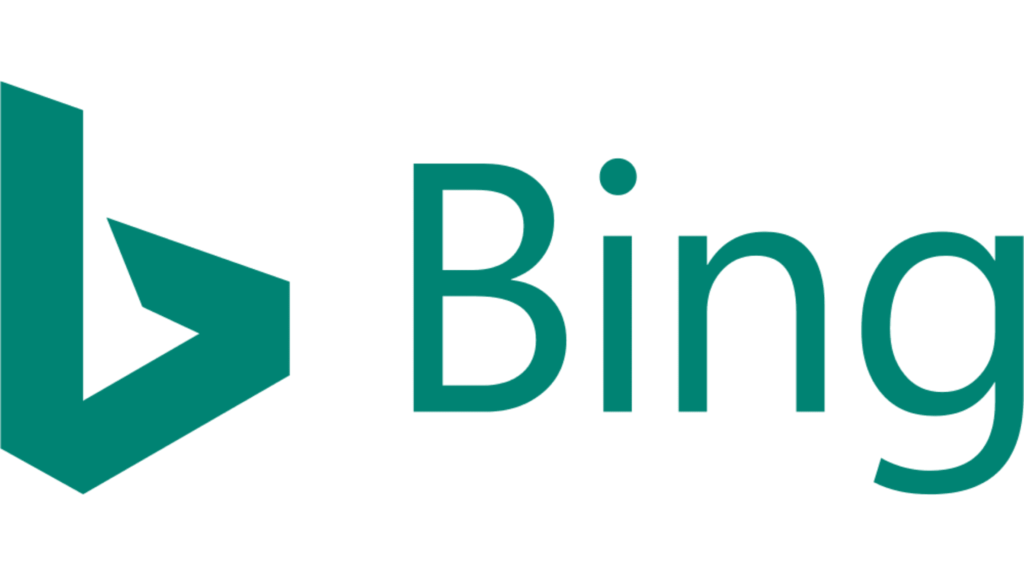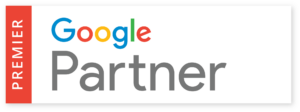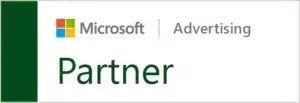Bing has published a major update to its webmaster guidelines. The document can now be used to find out:
- How Bing finds, crawls and indexes sites
- How you can help Bing understand your pages
- How Bing ranks your content
- How Bing handles search spam
“We decided to refresh the entire guidelines to make them easier to understand while including the most recent updates on crawling, indexing, ranking and quality,” says Christi Olson, Head of Evangelism Search at Microsoft.
It’s the first update to Bing’s guidelines in a while, and it also expands upon the section covering activities that site owners should avoid.
How does Bing rank content?
The secret is finally out – now everyone can find out what factors Bing looks for when ranking content.
- Relevance: How closely content matches a search query’s intent
- Quality and credibility: The author’s and site’s reputation and trustworthiness
- User engagement: This involves clicks and time spent on the landing page
- Freshness: Does the site produce up-to-date information?
- Location: This looks at language, country and city to determine the best results for the user
- Page load time: Faster load times are preferred
These all reflect good SEO practices, so keeping up with these will hold you in good stead.
Bing also makes a point of saying that it does not prioritise Microsoft products and services in the SERPs, which is something that Google has run into trouble with over the years. The guidelines also state that websites can’t bribe their way to the top of the SERPs.
What to avoid to rank on Bing
This section always existed in the Bing guidelines, but has been expanded in this update. It now says that scraping or copying content from other sites may be considered as copyright infringement, and it will not count content generated by an automated computer process, application or other mechanism as providing value to users.
If you run an affiliate site that only links to products, you may find yourself demoted or delisted, and the same penalties apply for malicious behaviour, whether it’s intentional or not.
What else is in Bing’s webmaster guidelines?
Bing advises limiting the number of links on a page to no more than a few thousand, and suggests having a reasonable number of pages on your site.
Unique and original visual media are preferred to stock sites, and it’s important not to embed important text or information within them. They should be optimised and high quality, with descriptive titles, file names and alt text.
Links should also use the relevant alt attributes – rel=”sponsored”, rel=”ugc” and rel=”nofollow” – where applicable.
What do you make of the new webmaster guidelines? Let us know in the comments or tweet us @TeamTillison.







